Apple is paying for the company that defends its technology perhaps too closely, and when it develops something relatively original, it is not going to share it. A chapter in itself is the technology around charging. It started with the 30-pin dock connector in iPods, continued with Lightning, and also MagSafe (both in iPhones and MacBooks). But if he had just provided Lightning to others, he wouldn't have to deal with one burning pain right now.
In the EU, we will have a single charging connector, both for phones and tablets, headphones, players, consoles, but also computers and other electronics. Who will it be? Of course, USB-C, because it is the most widespread standard. Now yes, but back in the days when Apple introduced Lightning, we still had miniUSB and microUSB. At the same time, Apple itself was responsible for the promotion of USB-C to a large extent, as it was the first major manufacturer to deploy it in its portable computers.
But if Apple didn't tend to put money first, they could have made Lightning free to use, where the power could then be balanced, and deciding "who survives" might have been a bit more complicated for the EU. But there can only be one winner, and we know who. Instead, Apple expanded the MFi program and allowed manufacturers to develop accessories for Lightning for a fee, but did not provide them with the connectors themselves.
It could be interest you
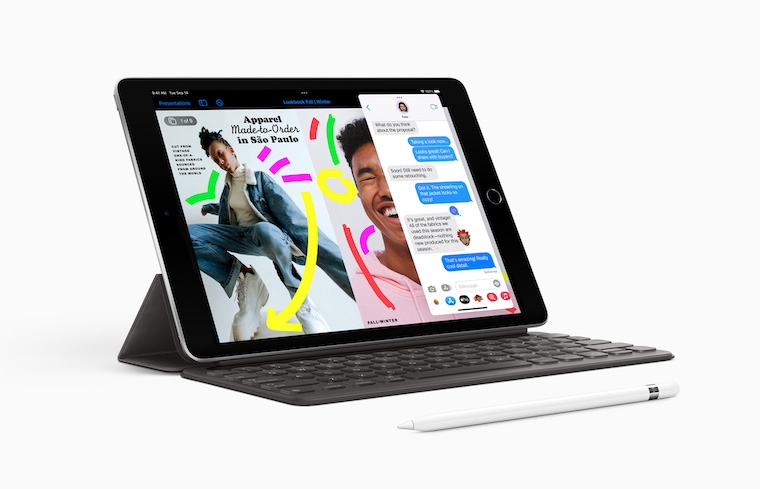
Did he learn his lesson?
If we look at the situation from a longer-term point of view, if we do not take into account the fact that Lightning is outdated, it is a proprietary solution of one manufacturer, which has no analogues today. Once upon a time, every manufacturer had its own charger, whether it was Nokia, Sony Ericsson, Siemens, etc. It was not until the transition to different USB standards that manufacturers began to unite, because they understood that there was no point in holding on to their solution when there was another, standardized and better. Just not Apple. Today, there is USB-C, which is used by every major global manufacturer.
Although Apple is gradually opening up to the world, i.e. primarily to developers, to whom it provides access to its platforms so that they can use them to the full. This is primarily ARKit, but perhaps also the Najít platform. But even if they can, they don't get too involved. We still have little AR content and its quality is debatable, Najít has great potential, which is rather wasted. Again, probably the money and necessity to pay for the manufacturer to be allowed access to the platform.
As time goes on, I feel more and more that Apple is becoming a dinosaur that defends itself tooth and nail, whether it is right or not. Maybe it needs a little better approach and to open up to the world more. Not to let anyone into their platforms right away (like app stores), but if things continue like this, we will have constant news here about who is ordering what from Apple, because it does not keep up with the times and the needs of users. And it's the users that Apple should care about, because everything doesn't last forever, not even record profits. Nokia also ruled the world mobile market and how did it turn out.
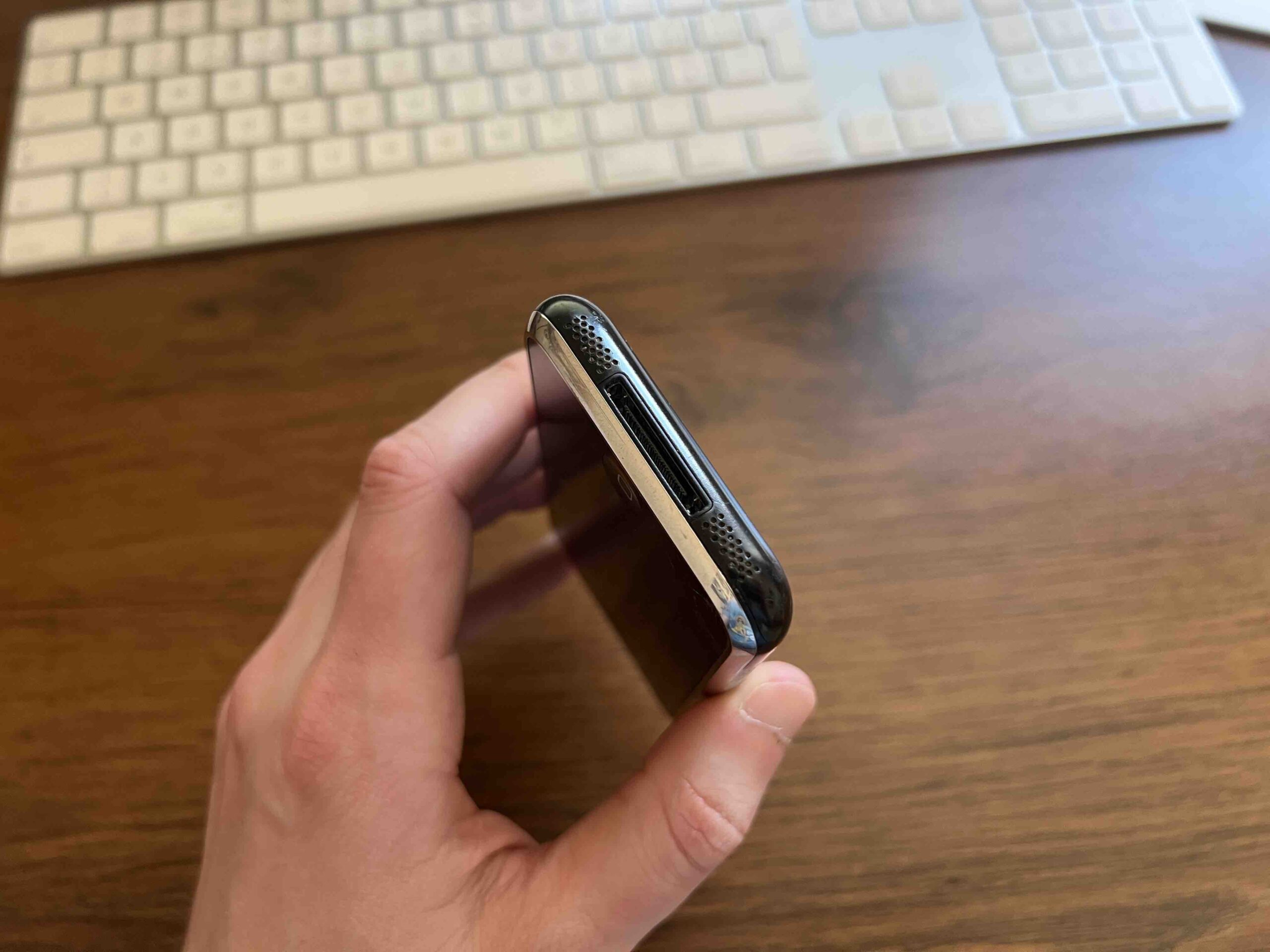
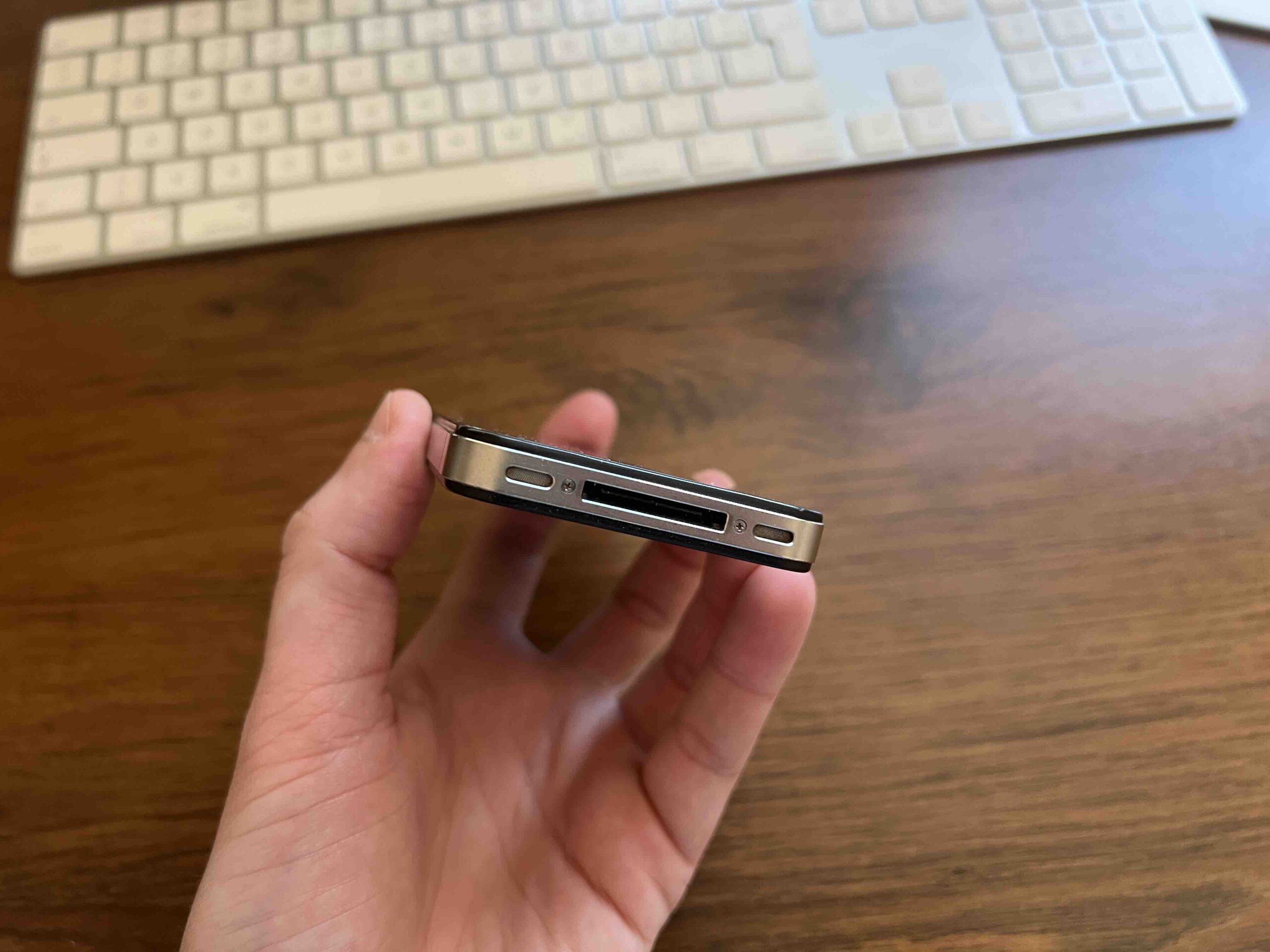
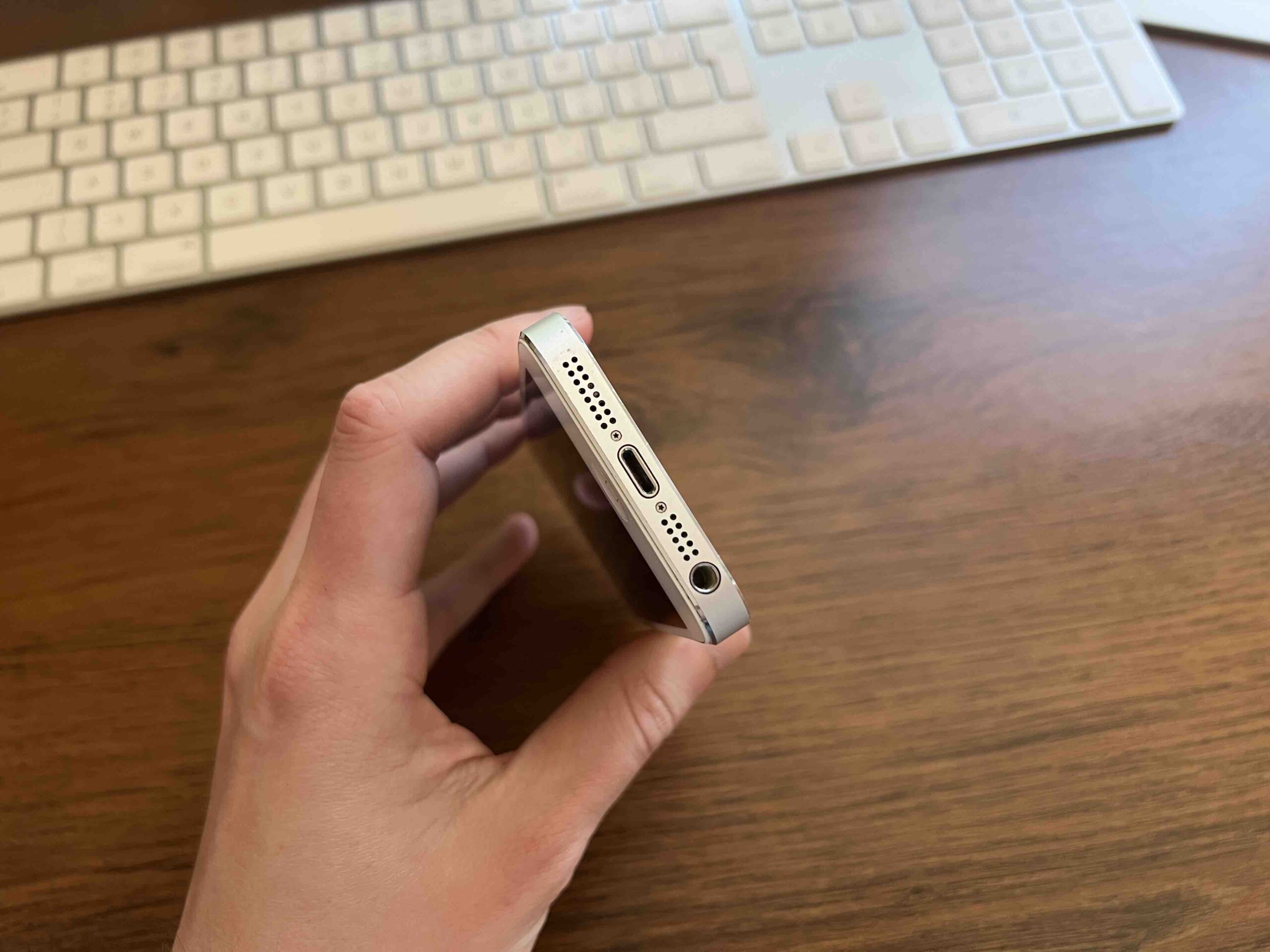
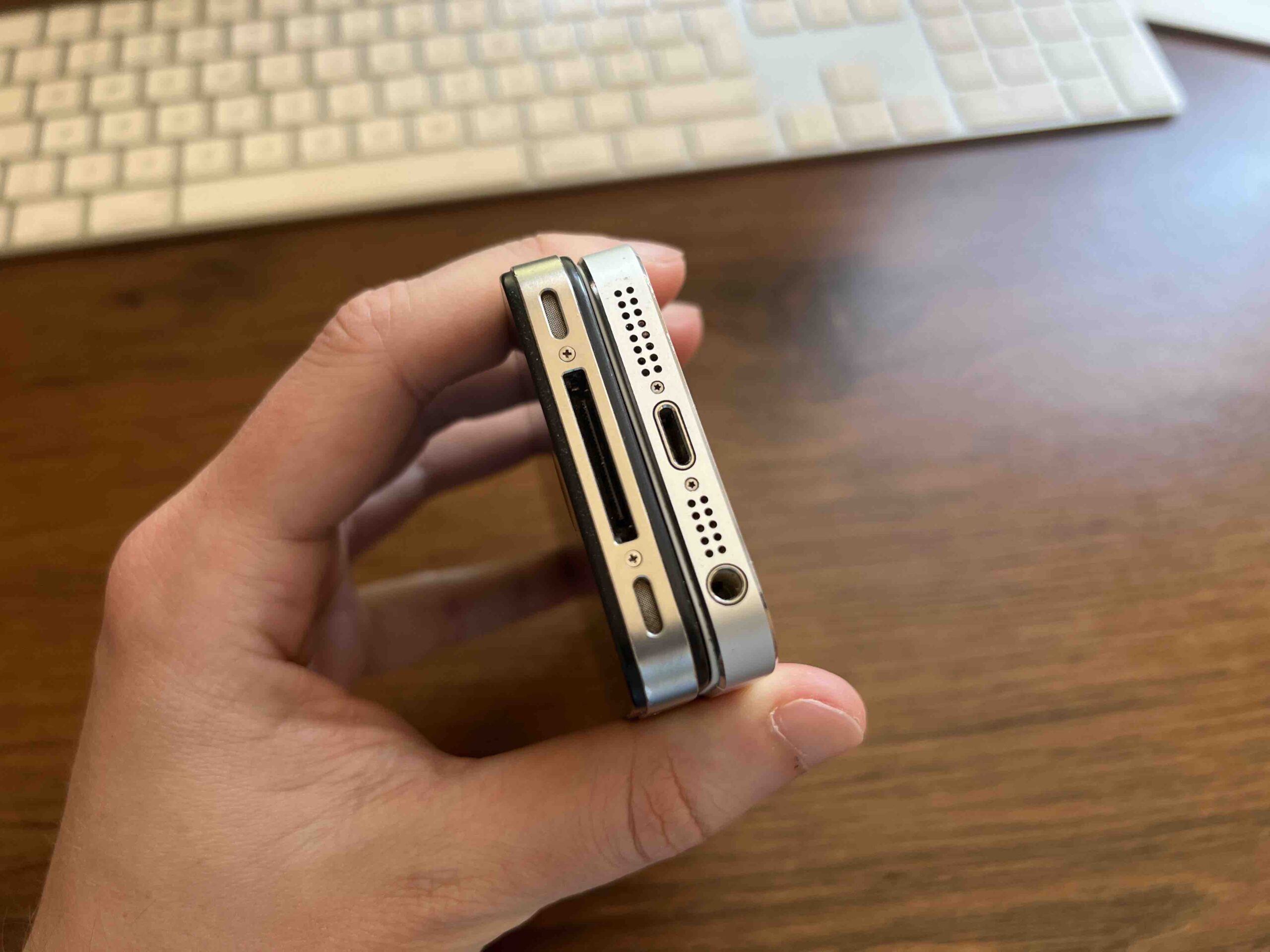
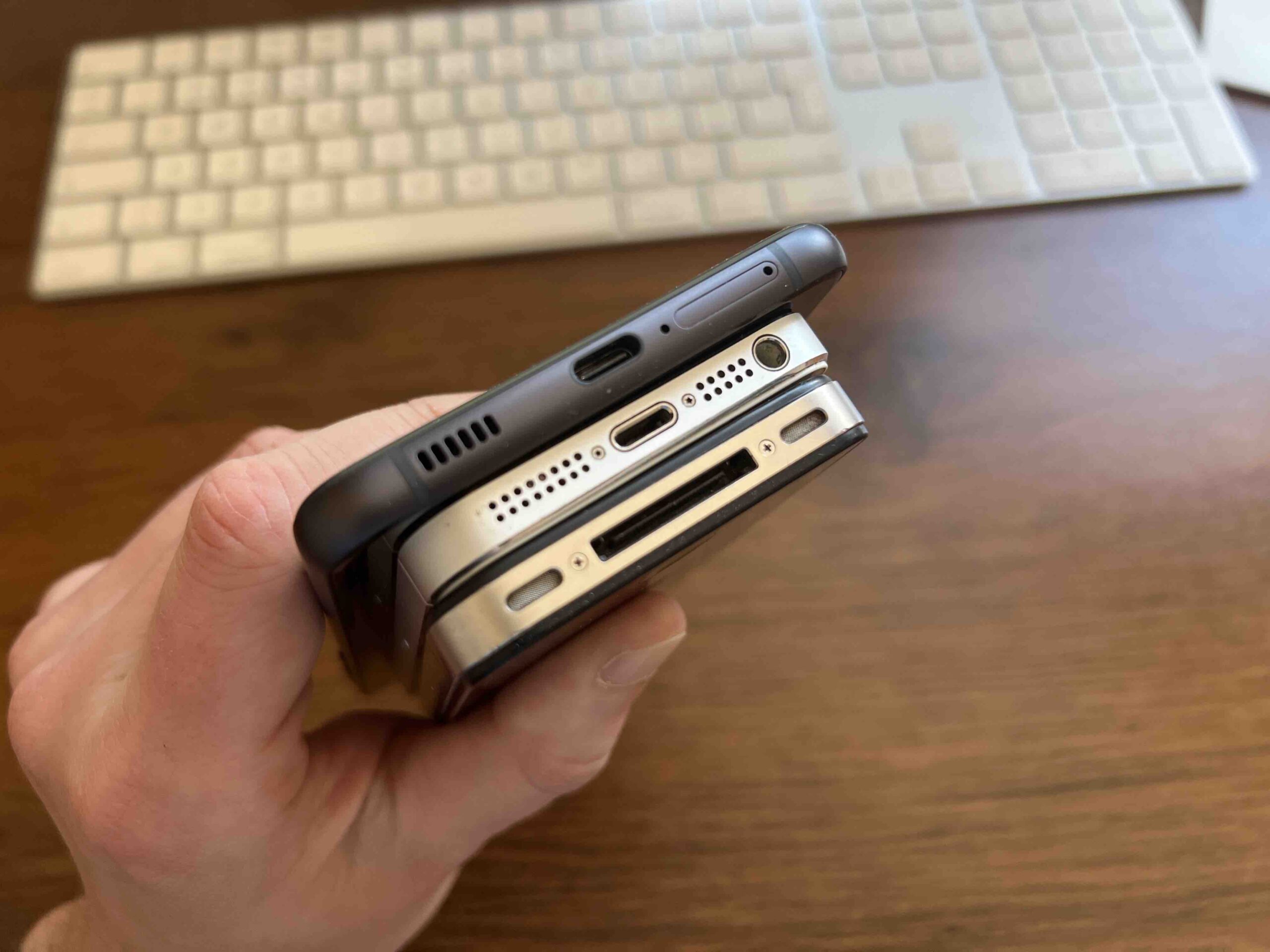
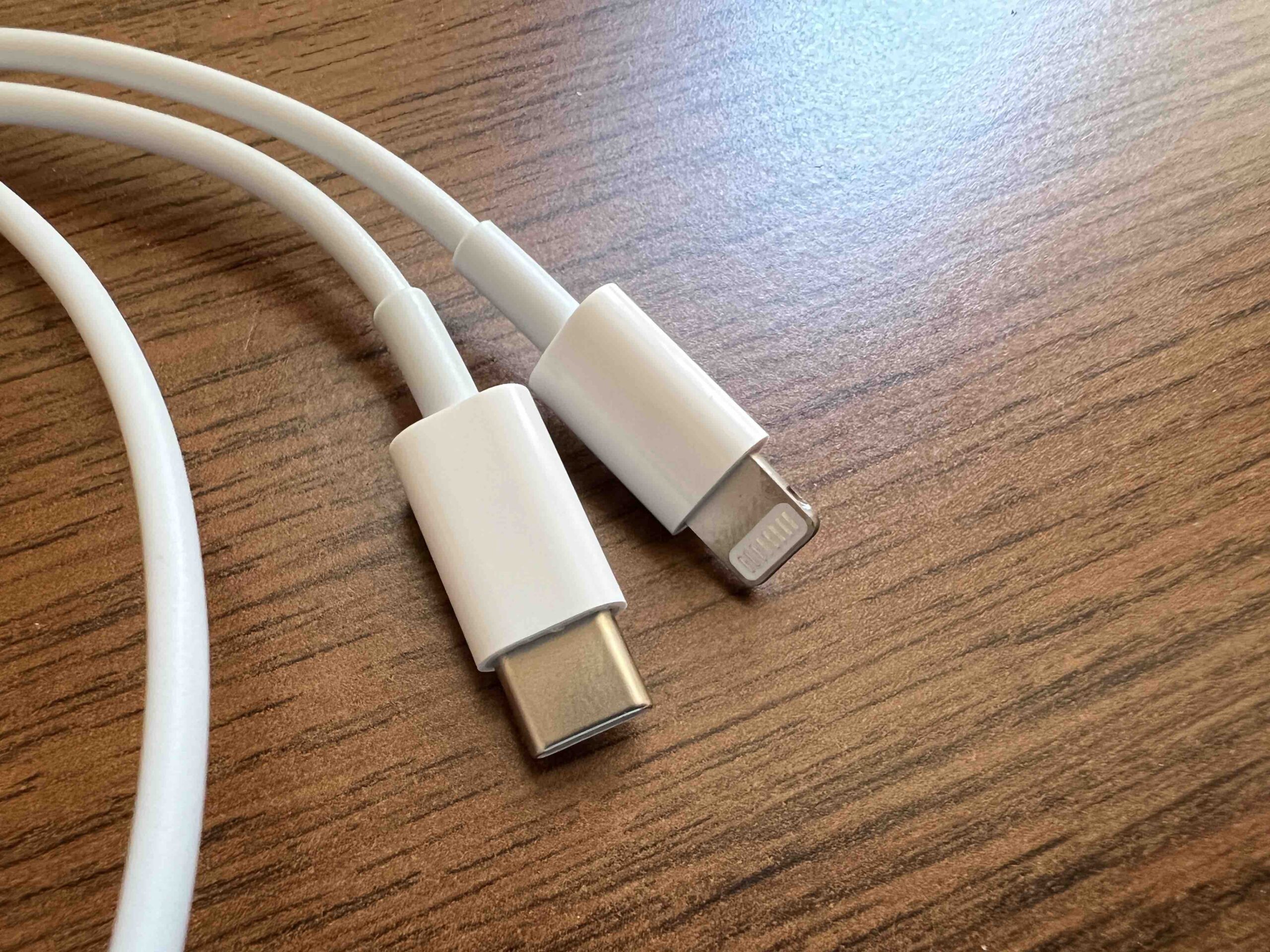
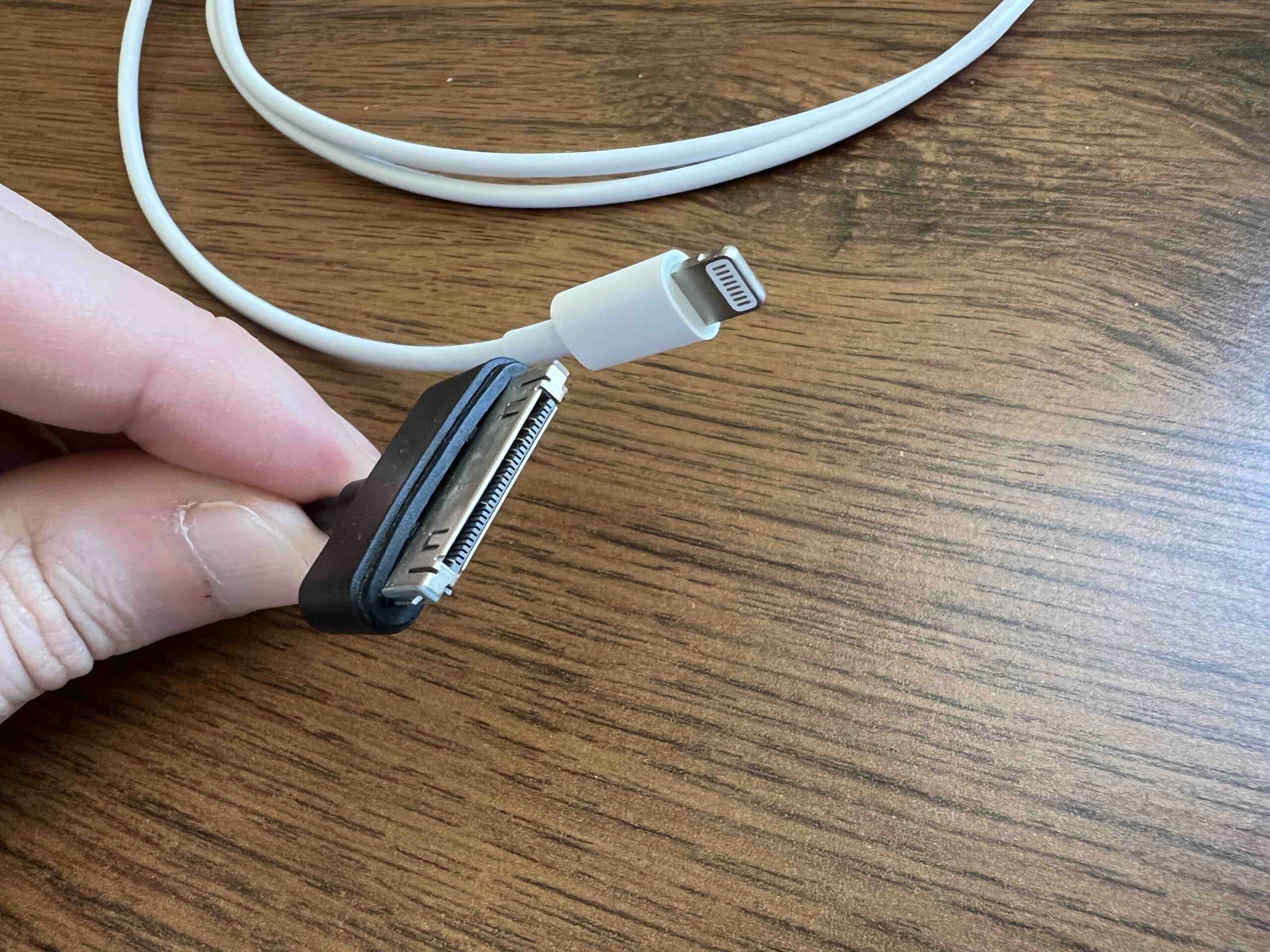
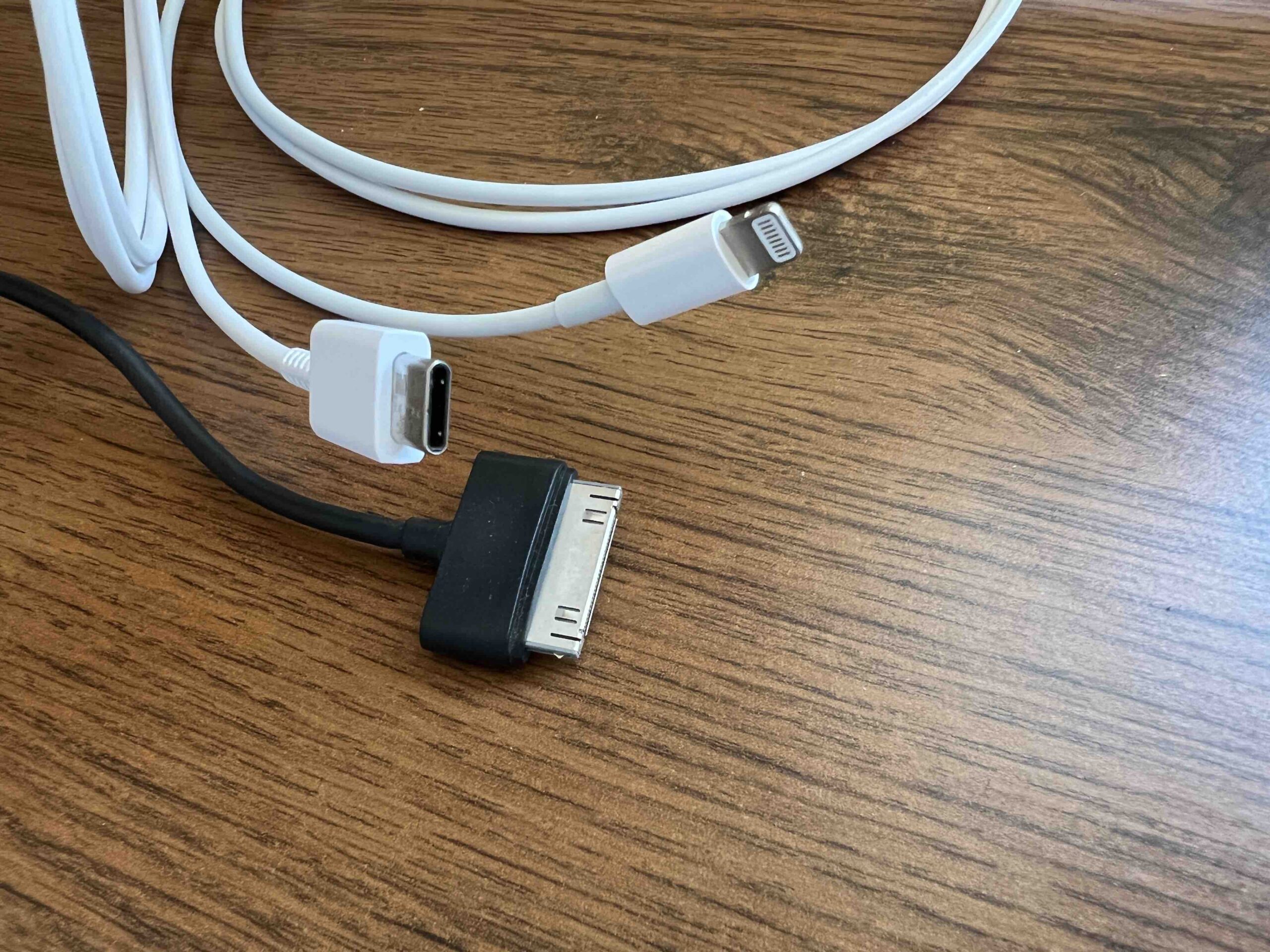
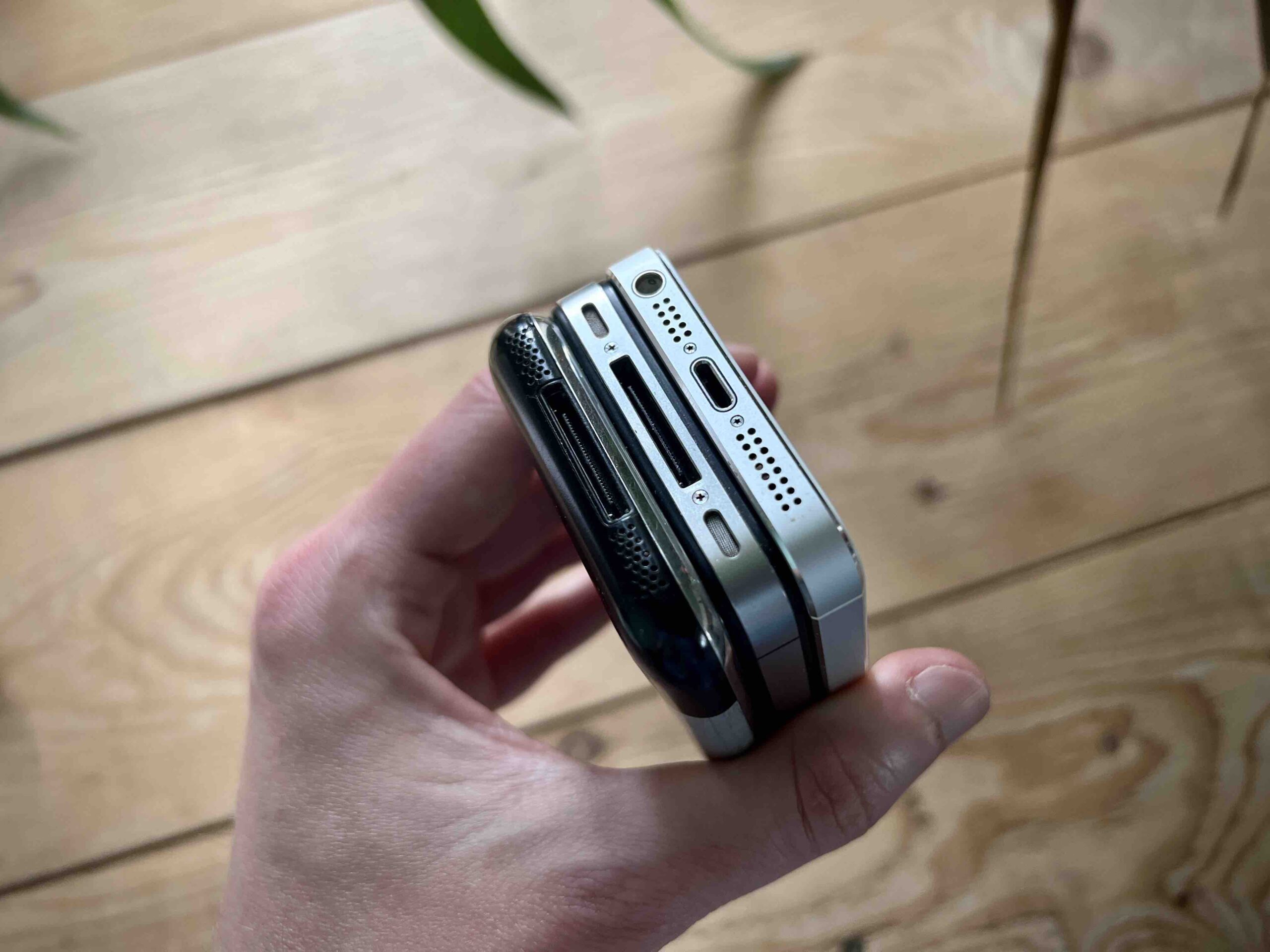

 Adam Kos
Adam Kos 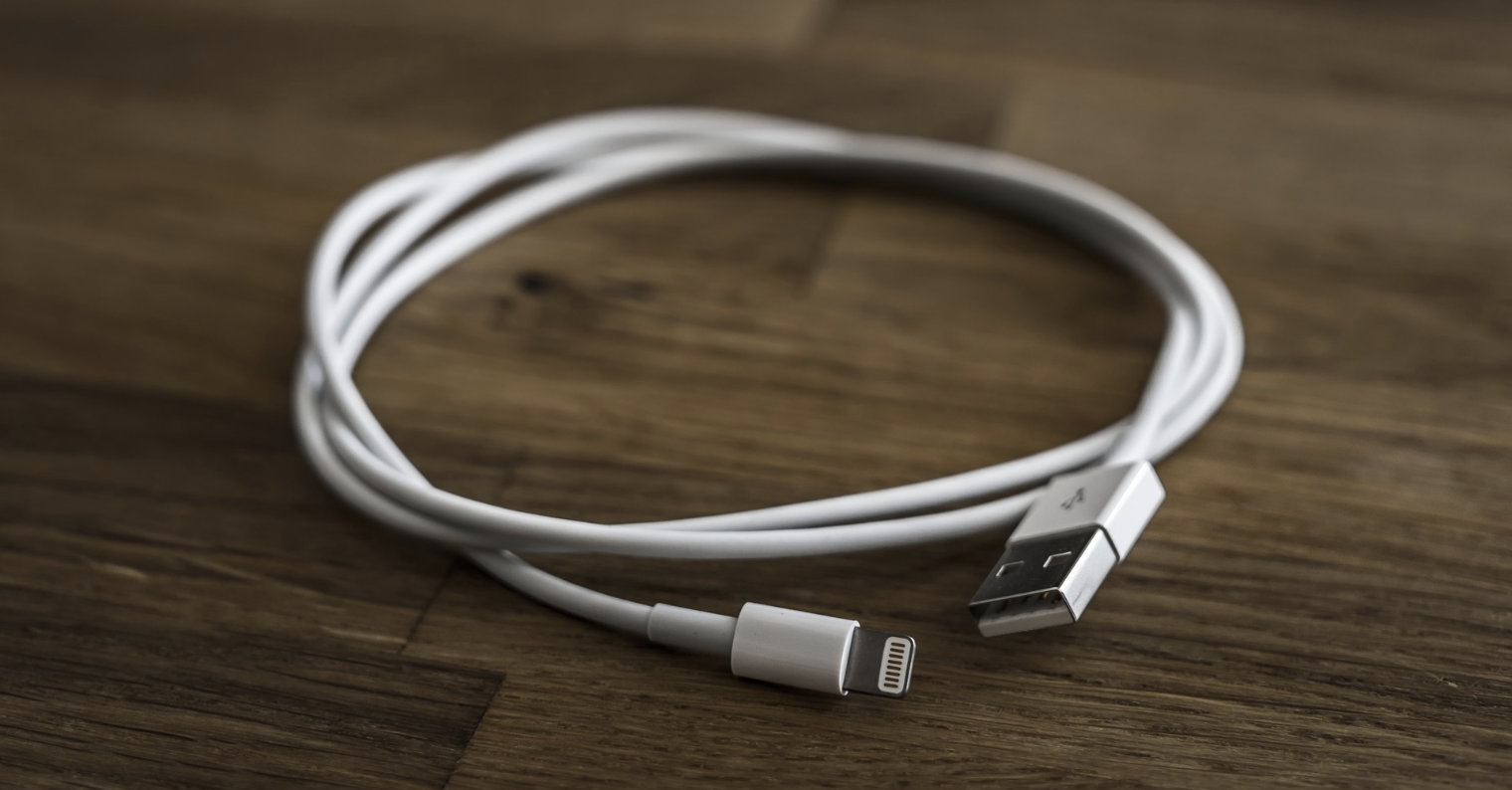
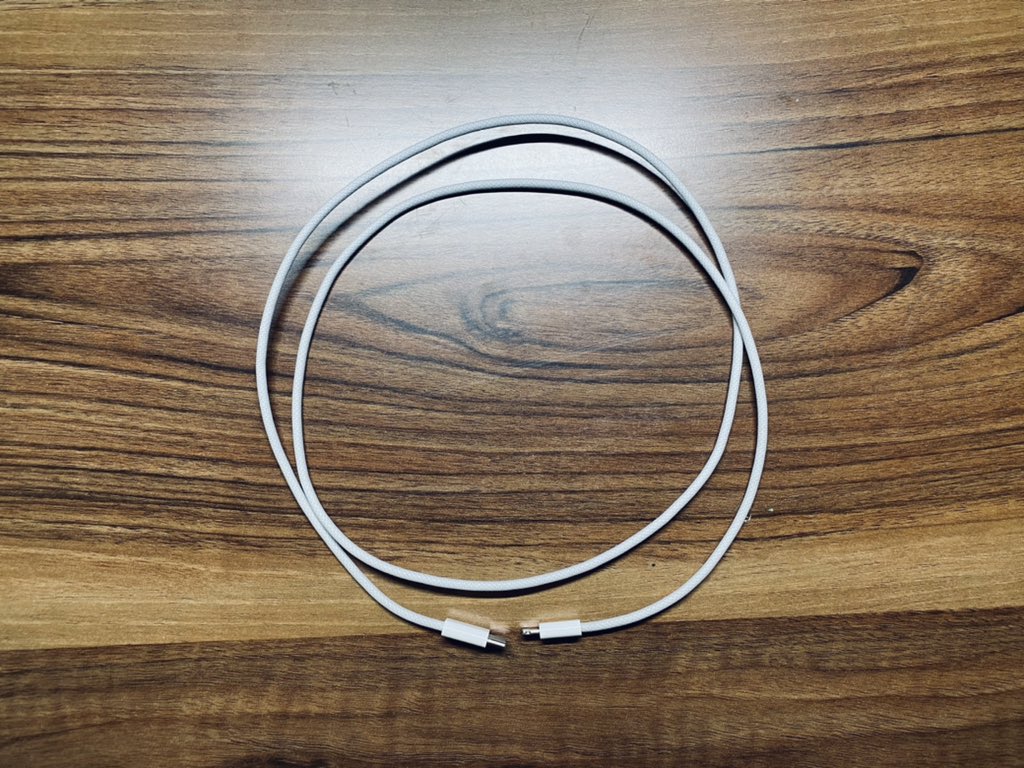
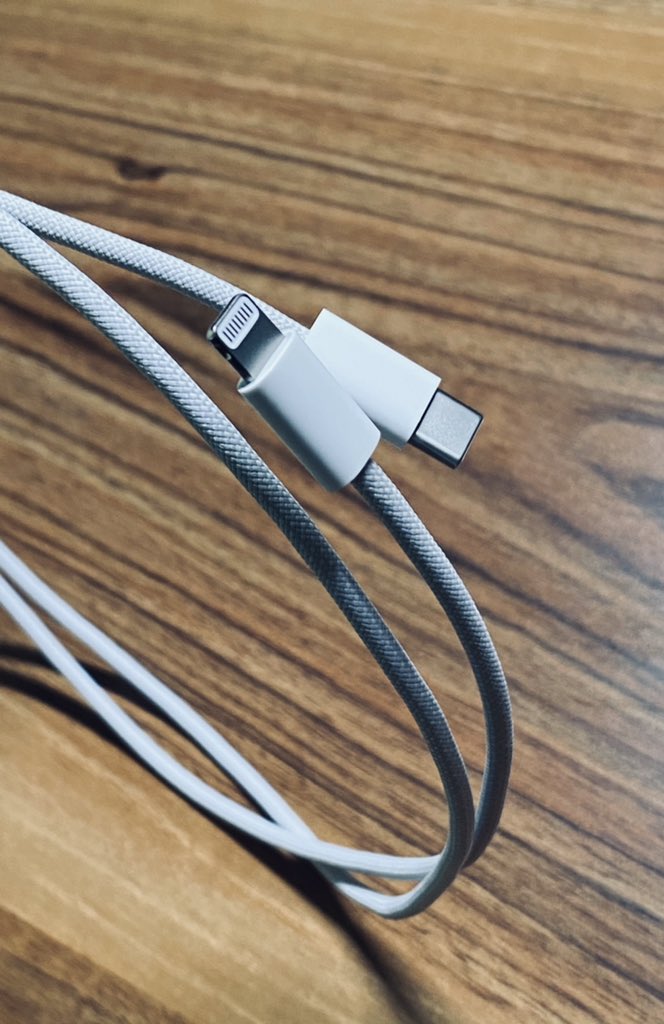
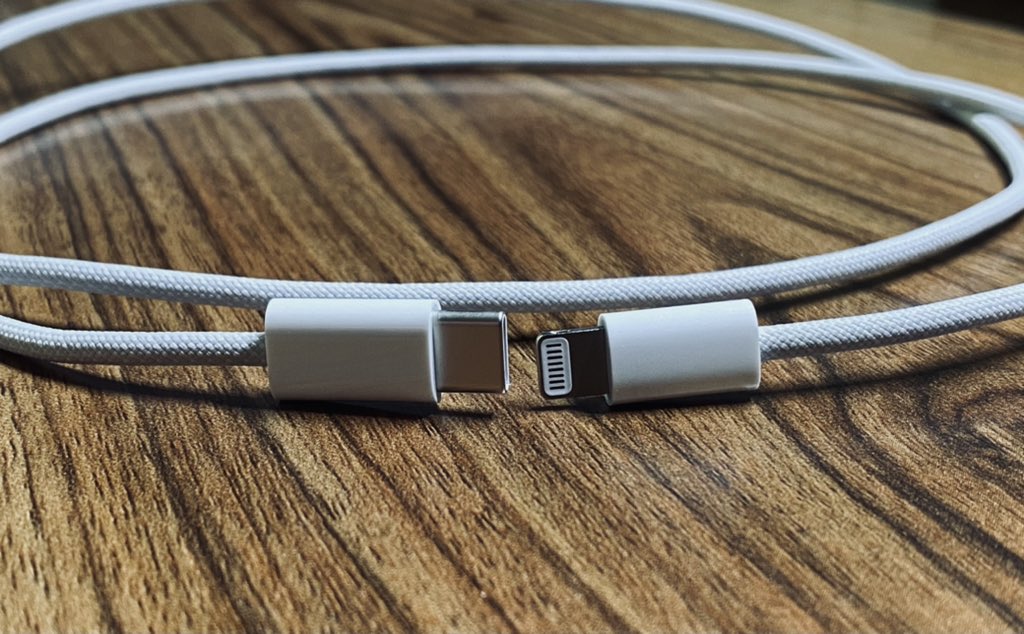
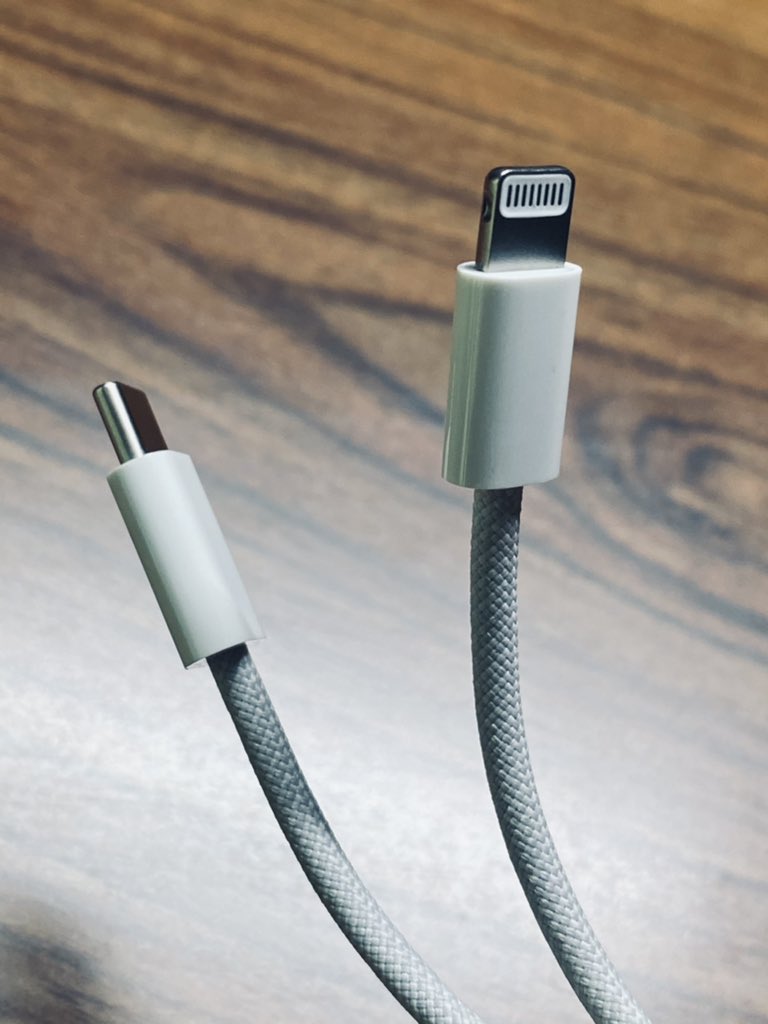
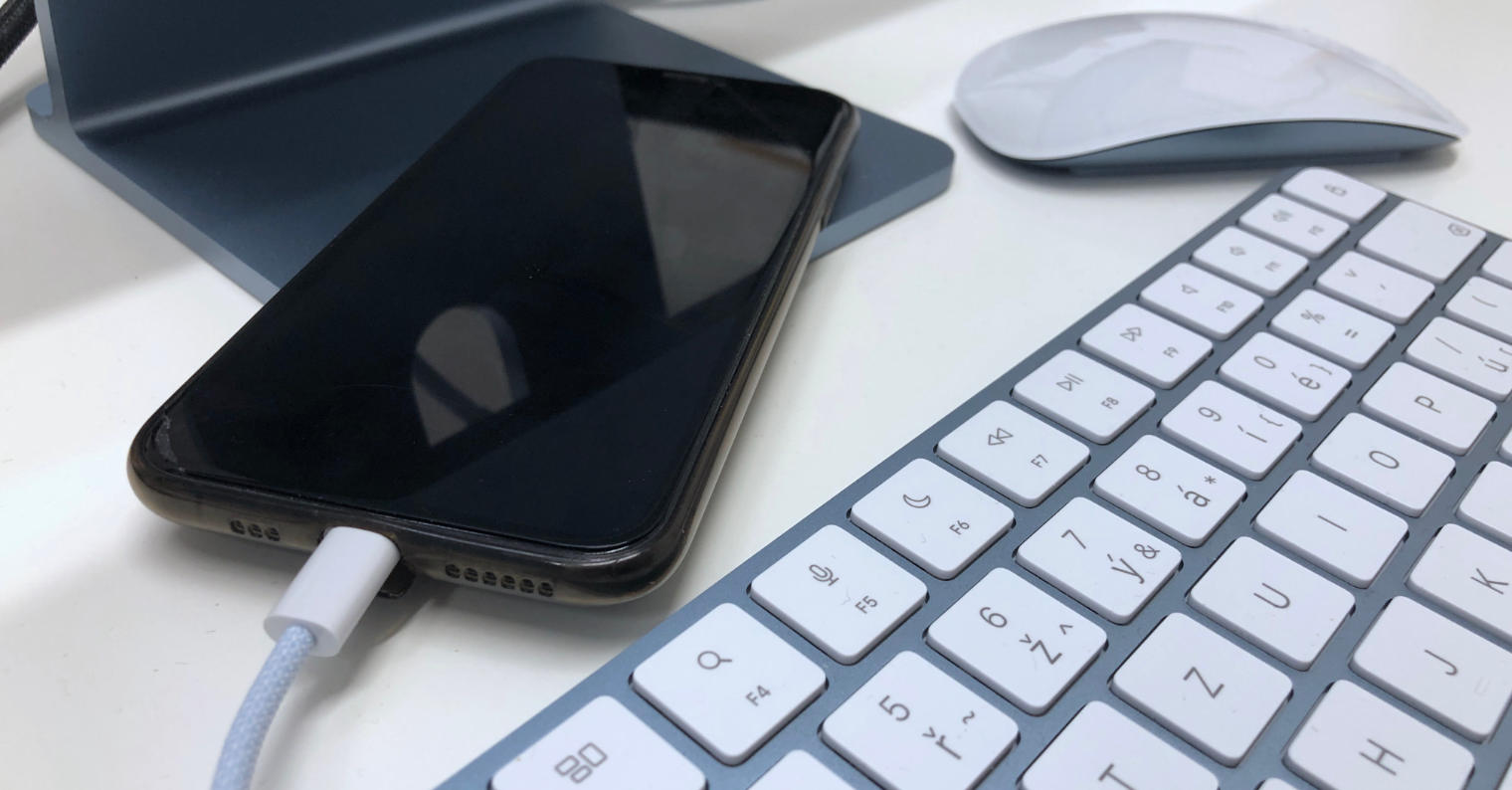
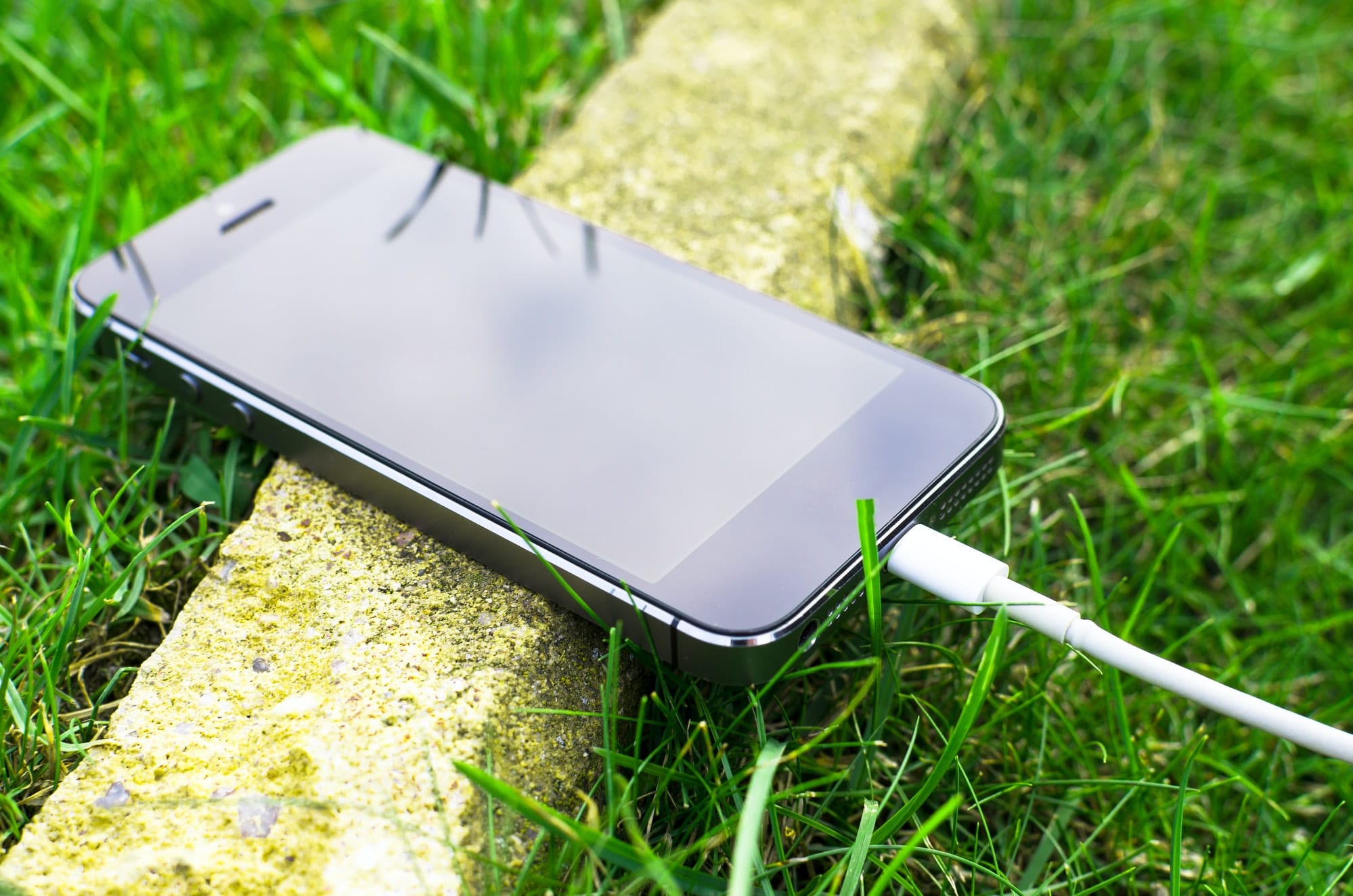
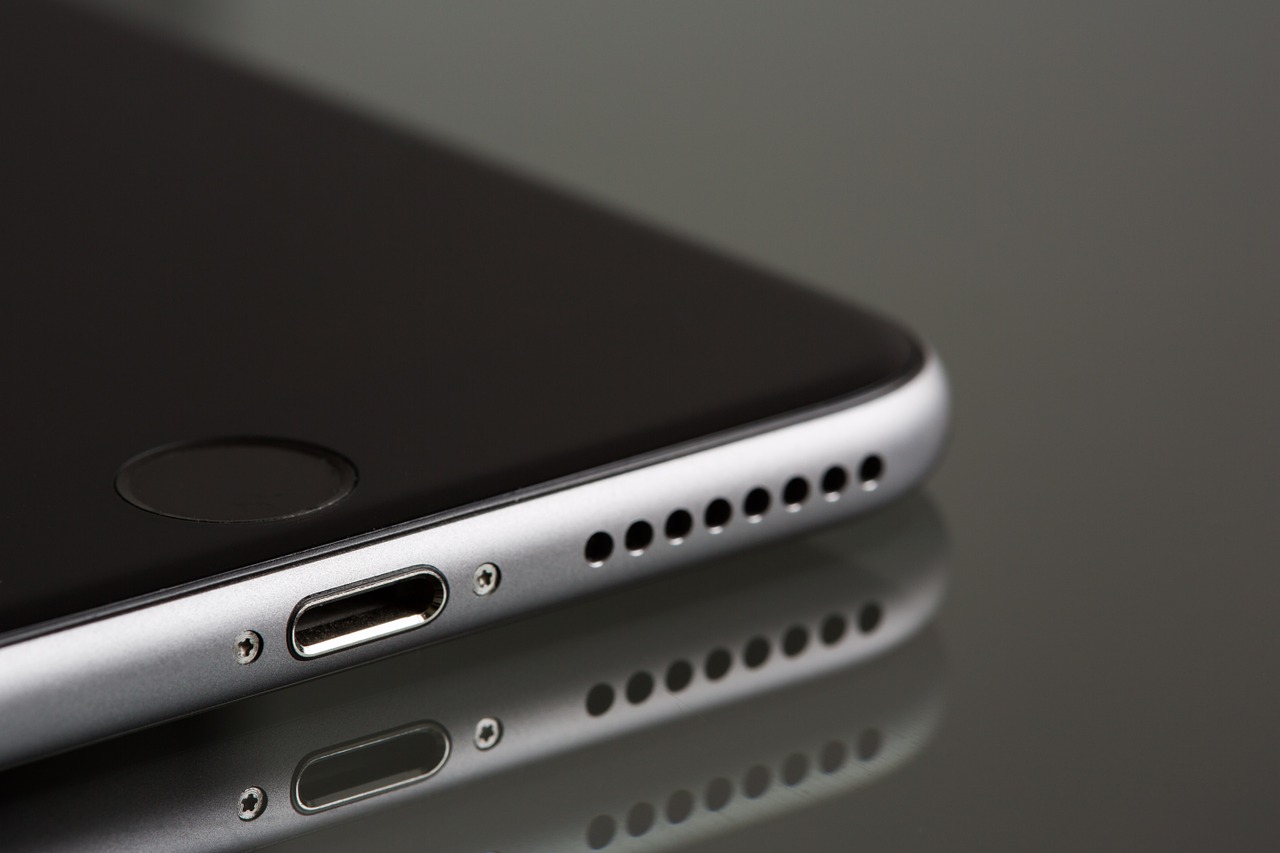
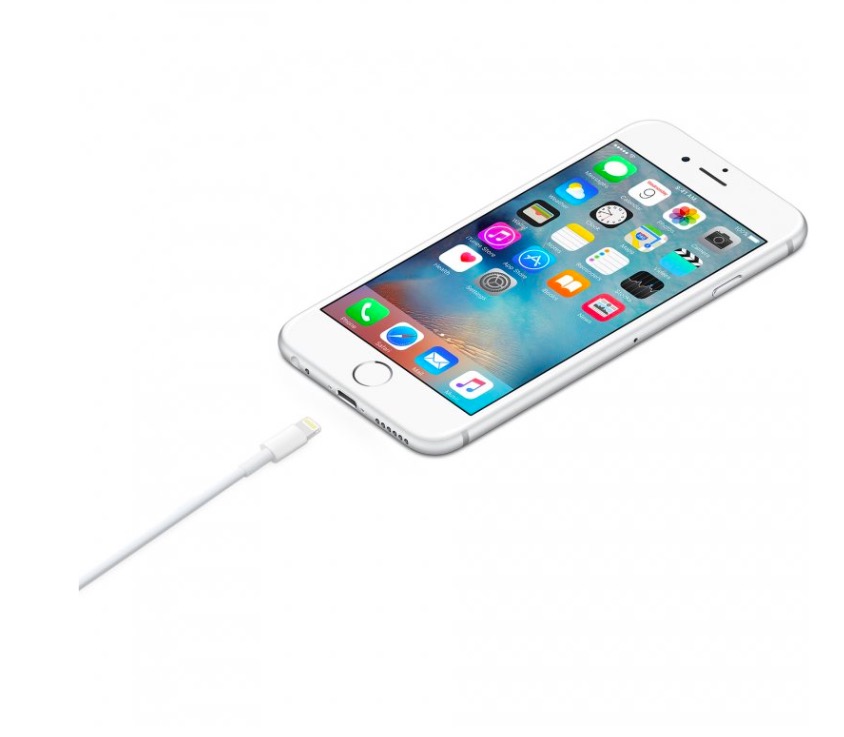
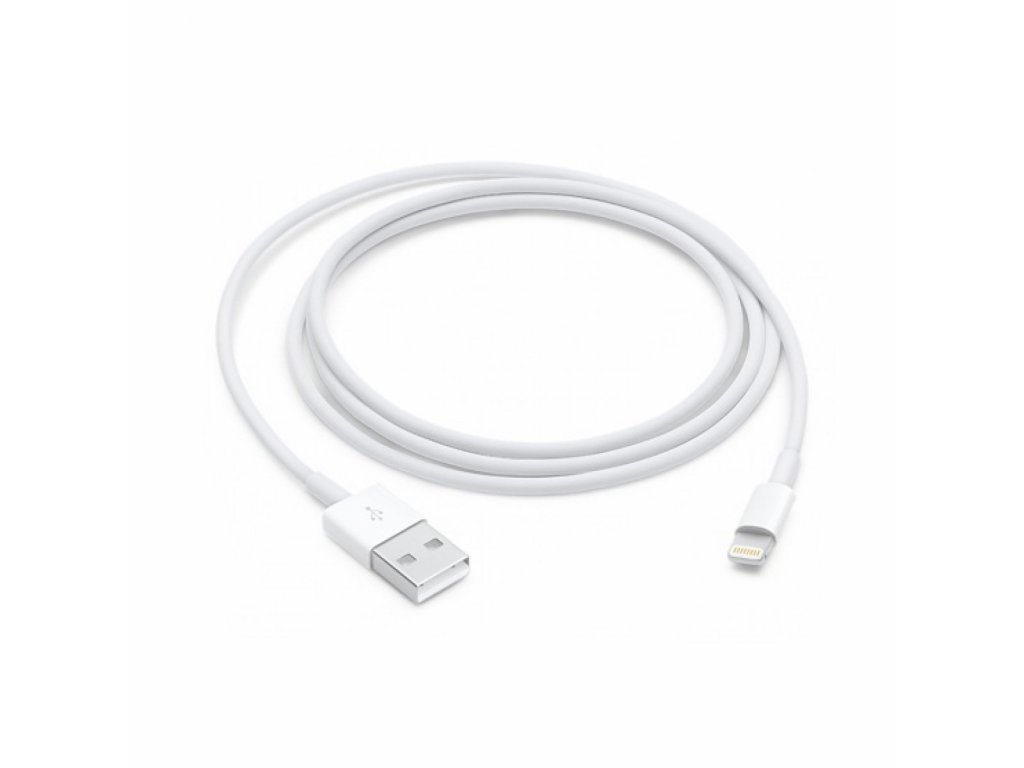
I still want a lithing connector..usb c is scrap.
Finally, USB-C has a future. Lighting is already outdated.
I myself have had USB-C on phones since 2015 and never had a problem with any tipping. Just have a normal cable and not a scumbag from a Vietnamese.
If I had to choose a connector for a mobile phone, it would definitely be Lighting. I hope that they either come up with some kind of trick to get around it or make the phone portless and it will be calm and the famous EU can slide. And when a port is ordered, there is no room for Innovation and that is wrong.